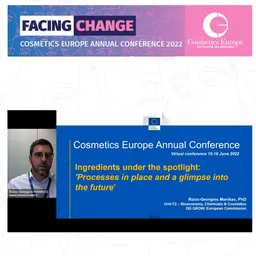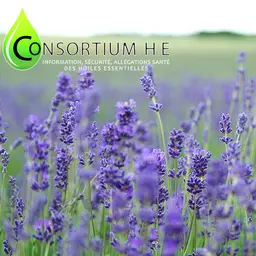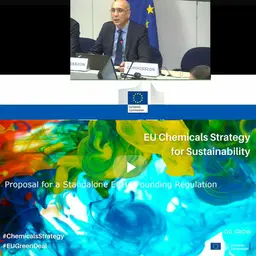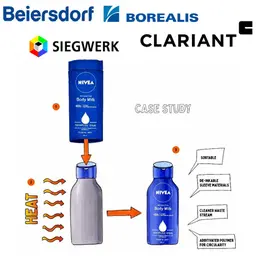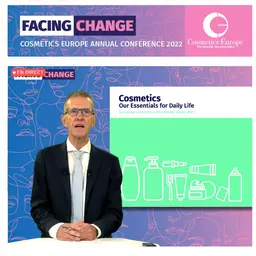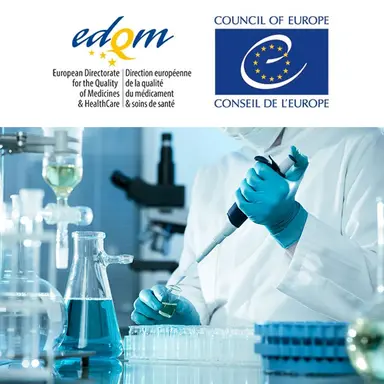
A study by the European Network of Official Cosmetics Control Laboratories (OCCLs)* indicates that some cosmetic products sold throughout Europe still contain excessive levels of allergy-inducing fragrances. Results showed that 7.7% of samples were non-compliant with legislative requirements due to a missing or false declaration of allergenic fragrance compounds and that 3.1% of products marketed as “perfume-free” contained fragrance compounds.
This market surveillance study was co-ordinated by the European Directorate for the Quality of Medicines & HealthCare (EDQM) of the Council of Europe as part of its effort to enhance proper market surveillance in Europe.
It aimed to assess compliance of cosmetic products with European legislation governing their safety, labelling and claims, was conducted between 2018 and 2020. In total, 932 samples of cosmetics, such as skin, hair and lip care products, as well as deodorants and perfumes, were tested for the presence of 24 allergenic fragrance compounds. Some 544 of these samples were from products marketed as “perfume-free”. Samples were collected in eight countries at various stages of the distribution chain (manufacturer, customs, retail, internet, etc.). The majority of these products (85%) had been manufactured in Europe and overall 34 different countries of production were identified.
The most common problems related to the allergenic fragrances found in this study were the presence of linalool, benzyl alcohol and limonene, which Regulation (EC) No.1223/2009 (the Cosmetics Regulation) requires to be listed on labels when present above certain thresholds. Regarding perfumes, 41% of tested samples contained allergenic compounds, making this class of cosmetic the least compliant with legislative requirements.
The samples were …

